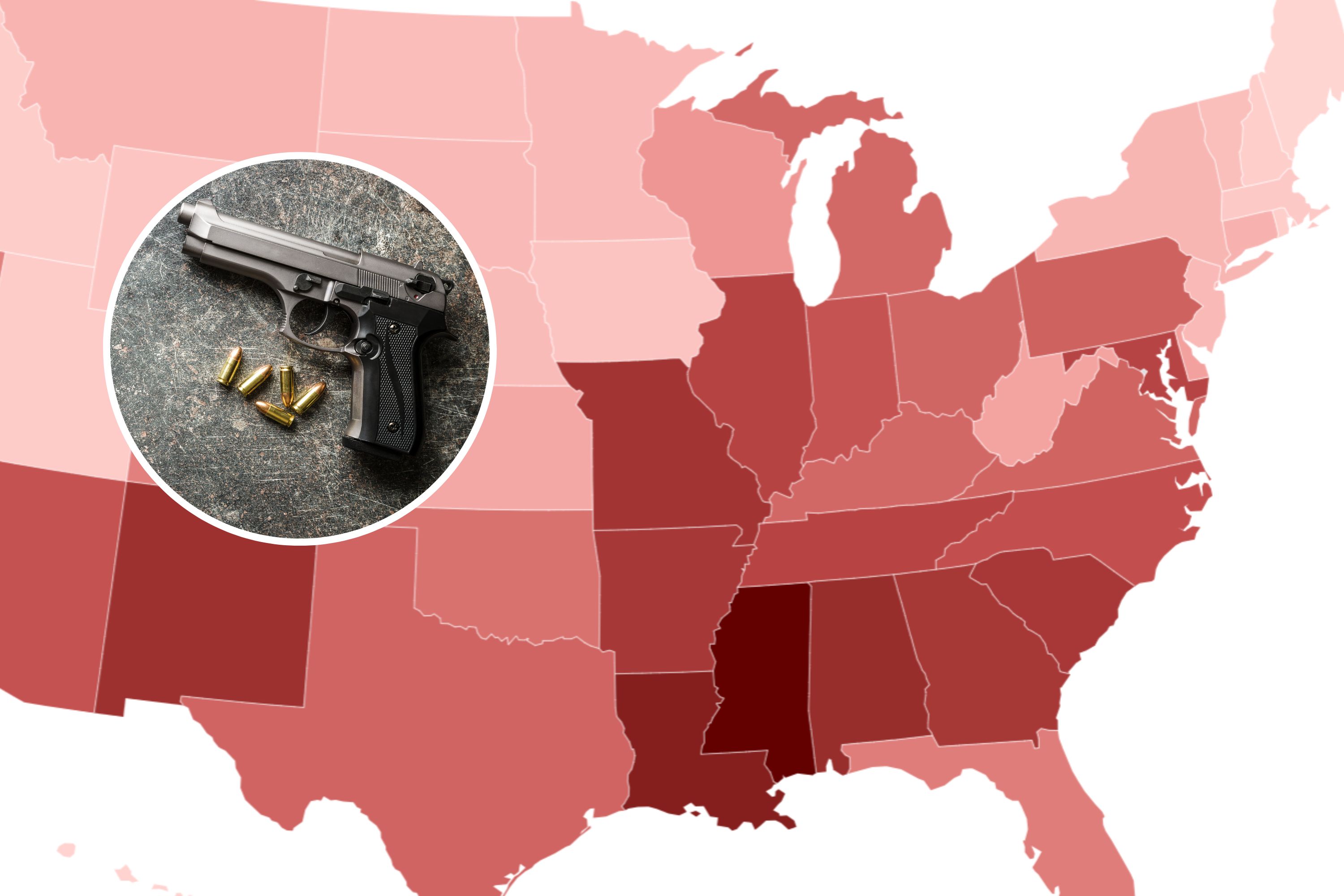Wearing face masks may not have lowered the risk of COVID infection after the first Omicron wave, new research has shown. But that does not mean that face masks aren't useful, regardless.
The wearing of face masks on public transport and airplanes was federally mandated in the United States in February 2021 in a big to stop the spread of COVID-19. However, in April 2022, the mandate was ruled unlawful. But did it actually help stop the spread of the virus?
"Wearing face masks played a valuable role in reducing transmission of COVID during the first two years of the pandemic," Paul Hunter, a professor in medicine at the University of East Anglia in the U.K., told Newsweek.
"By themselves, they were never going to be able to eliminate transmission, but they certainly reduced it. Very early in the pandemic we estimated, based on pre-COVID data, that if everyone wore masks we could reduce transmission by about 20 percent."

In late November 2021, the Omicron variant was first identified, becoming the dominant strain in U.S. by late December.
"Prior to Omicron in adults, never wearing a face mask at work was associated with an increased risk of testing positive of 25 to 30 percent over those always wearing one," Hunter said.
"[But] after the first wave of Omicron there was no significant difference in people always wearing a mask from those never wearing them and, in children, maybe even a slight reduced risk of testing positive if never wearing a mask."
In a new study, published in the journal PLOS ONE, Hunter and colleagues from the University of East Anglia analyzed official data from the U.K.'s Office for National Statistics from November 2021 to May 2022 to explore how infection risk factors changed before and after the first Omicron wave. Risk factors included history of foreign travel, household size, employment status, contact with children and wearing a face mask.
"Early in the pandemic there were many studies published looking at risk factors for catching COVID, but far fewer studies after the first year or so," Hunter said. "Our research shows that there were changes in some risk factors around the time that the Omicron BA.2 variant became dominant."
In November 2021, always wearing a face mask at work, school or in enclosed spaces was associated with a reduced risk of COVID infection in both adults and children. However, after the first Omicron wave, it was not. So why did the masks suddenly stop working?
"If masks can reduce transmission by about 20 to 30 percent, then if the virus becomes much more infectious, as was the case with Omicron, 20 to 30 percent isn't going to ultimately be enough to slow the infection that much," Hunter said. "But the more important issue is that COVID does not generate long-lasting immunity."
He continued: "For highly infectious viruses like COVID with a short duration of immunity, once they have spread through the population once, then the number of infections that occur in a population are more affected by the rate at which immunity is lost [rather] than by changes in behavior intended to reduce exposure [like wearing masks.] And people who wore a mask really rigorously throughout the first two years will likely be more susceptible to infection [less immunity] than people who didn't."
But this doesn't mean that masks are completely useless. "There is good evidence that one of the factors behind how sick you get is the size of the dose of virus to which you are exposed," Hunter said. "So, one suggestion is that if you wear a mask and still catch COVID, you get a lower dose and so likely have less severe disease."
So does that mean we should all still be wearing face masks? "I think for most of us the answer is no," Hunter said. "Most of us have already had multiple COVID infections by now. But people who are at increased risk of severe disease may still benefit."
Do you have a tip on a health story that Newsweek should be covering? Do you have a question about COVID-19? Let us know via science@newsweek.com.
Uncommon Knowledge
Newsweek is committed to challenging conventional wisdom and finding connections in the search for common ground.
Newsweek is committed to challenging conventional wisdom and finding connections in the search for common ground.
fairness meter
To Rate This Article
About the writer
Pandora Dewan is a Senior Science Reporter at Newsweek based in London, UK. Her focus is reporting on science, health ... Read more





